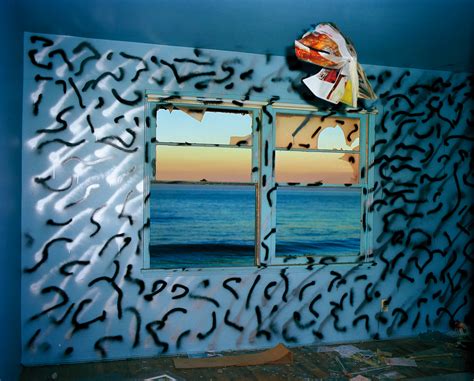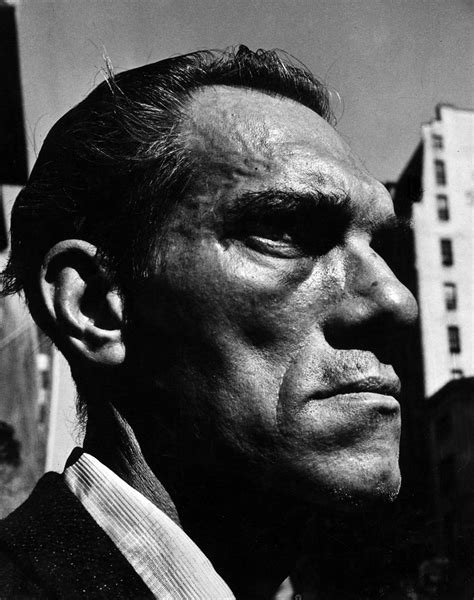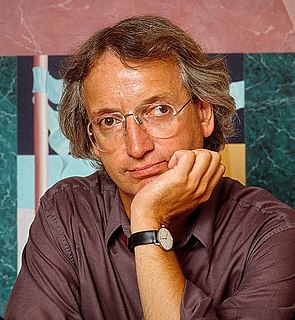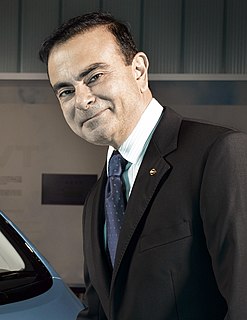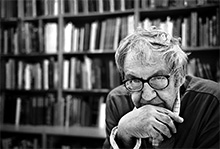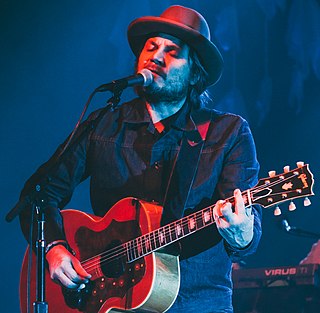A Quote by John Divola
I don't look for things to see how they function as metaphors.... You can't photograph the sublime. You can only traffic in the specific and its relationship to the symbolic.
Related Quotes
A photograph never grows old. You and I change, people change all through the months and years but a photograph always remains the same. How nice to look at a photograph of mother or father taken many years ago. You see them as you remember them. But as people live on, they change completely. That is why I think a photograph can be kind.
How foolish of me to believe that it would be that easy. I had confused the appearance of trees and automobiles, and people with a reality itself, and believed that a photograph of these appearances to be a photograph of it. It is a melancholy truth that I will never be able to photograph it and can only fail. I am a reflection photographing other reflections within a reflection. To photograph reality is to photograph nothing.
I think I’ve said this before many times—that photography allows you to learn to look and see. You begin to see things you had never paid any attention to. And as you photograph, one of the benefits is that the world becomes a much richer, juicier, visual place. Sometimes it is almost unbearable — it is too interesting. And it isn’t always just the photos you take that matters. It is looking at the world and seeing things that you never photograph that could be photographs if you had the energy to keep taking pictures every second of your life.
Look who's calling the cauldron black." "Kettle. It’s a kettle. Get your metaphors right." "That wasn’t a metaphor. It was a, you know..." He stared off into space, blinking. "One of those things that’s symbolic of another thing. But isn’t the same thing. Just like it." "You mean a metaphor?" "No! It’s like a story...like...a proverb! That’s it." "I’m pretty sure that wasn’t a proverb. Maybe it was an analogy." "I don’t think so.
